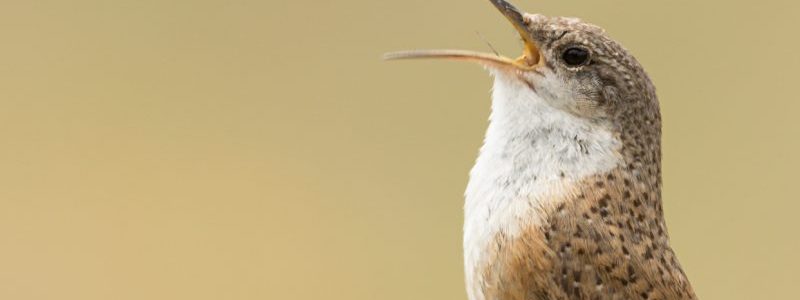Why sexist bias in natural history museums really matters
Amy Fleming in the Guardian (23 Oct 2019) reported on a study of sex bias in natural history collections by Dr Natalie Cooper from the Natural History Museum in London (NHM). Dr Cooper’s group investigated sex rations in over 2 million bird and mammal specimens from the NHM, the American Museum of Natural History, the Field… Read More Why sexist bias in natural history museums really matters

